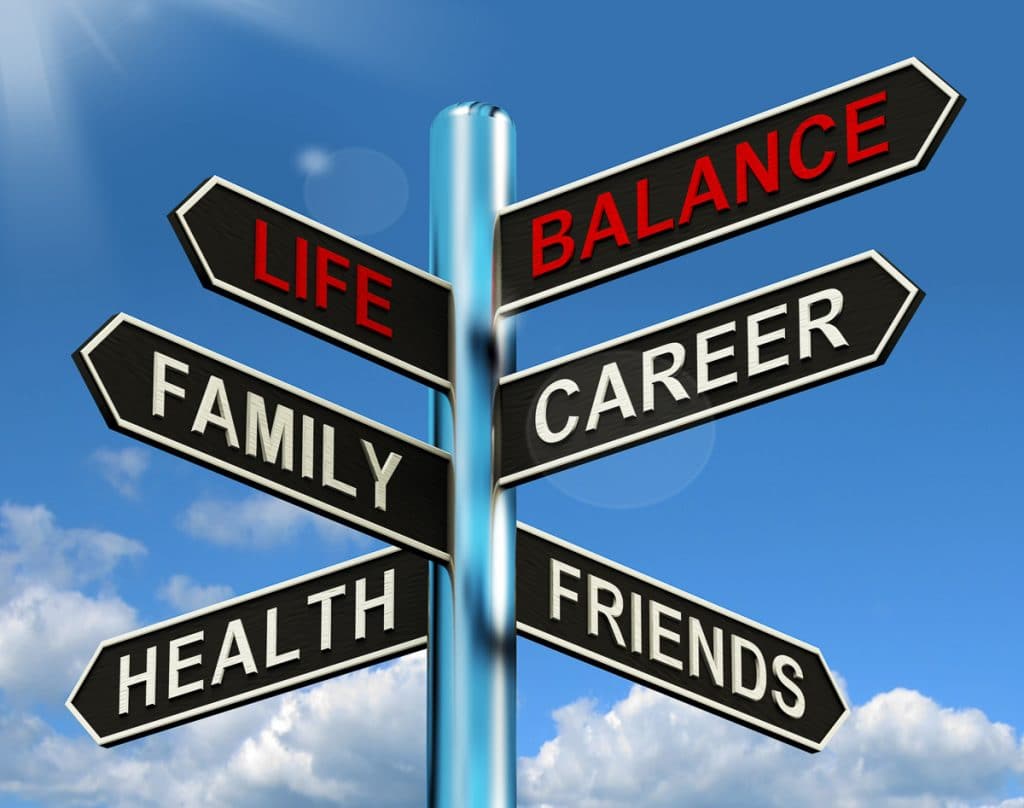Work-life balance is a term that has gained significant traction in recent years as people prioritize their well-being and mental health. It represents the ideal scenario where individuals can successfully juggle their professional responsibilities and personal lives without feeling overwhelmed or burnt out. However, the question remains – is work-life balance truly achievable, or is it just a utopian concept that we aspire to but never truly attain?
The concept of work-life balance has become increasingly prominent in today’s fast-paced, technologically-driven world where work demands seem to be never-ending. Many people find themselves constantly connected to their jobs through smartphones, laptops, and other devices, blurring the lines between work and personal time. This constant connectivity has made it increasingly challenging for individuals to switch off from work and focus on their personal lives, leading to high levels of stress, anxiety, and burnout.
On the surface, achieving work-life balance may seem like a straightforward concept – simply divide your time and energy equally between your work and personal life. However, in reality, achieving this balance is much more complicated and nuanced. It involves setting boundaries between work and personal time, managing priorities effectively, and prioritizing self-care and well-being.
One of the key challenges in achieving work-life balance is the societal pressure to constantly hustle and strive for success in one’s career. The culture of overwork and the glorification of busyness has created a workaholic mentality where individuals feel compelled to work long hours and sacrifice their personal lives for the sake of their careers. This mentality can lead to burnout, exhaustion, and poor mental health, ultimately undermining one’s overall well-being.
Another challenge in achieving work-life balance is the impact of technology on our ability to switch off from work. With the rise of remote work and the increasing reliance on digital communication tools, many individuals feel the pressure to be constantly available and responsive to work demands, even outside of traditional working hours. This constant connectivity can make it difficult for individuals to disconnect from work and focus on their personal lives, leading to feelings of stress, anxiety, and overwhelm.
In order to achieve work-life balance, individuals must adopt a proactive mindset and prioritize their well-being and mental health. This requires setting boundaries between work and personal time, learning to say no to excessive work demands, and prioritizing activities that bring joy and fulfillment outside of work. It also involves practicing self-care strategies such as exercise, meditation, and proper sleep to recharge and rejuvenate both physically and mentally.
Achieving work-life balance is not just about dividing your time and energy between work and personal life; it’s about creating a sense of harmony and fulfillment in both areas. This involves aligning your values and priorities with your daily actions, making conscious choices about how you allocate your time and energy, and finding a sense of purpose and meaning in both your work and personal life.
Ultimately, work-life balance is not just a myth or a distant dream; it’s a mindset that requires conscious effort and intentionality. By prioritizing your well-being, setting boundaries, and practicing self-care, you can achieve a sense of balance and fulfillment in both your work and personal life. It may not always be easy, and there will be times when you feel overwhelmed or stretched thin, but by staying mindful and present in each moment, you can create a life that is aligned with your values and priorities.
In conclusion, work-life balance is not a one-size-fits-all concept; it’s a personal journey that requires self-awareness, intentionality, and a commitment to prioritizing your well-being and mental health. By adopting a proactive mindset and making conscious choices about how you allocate your time and energy, you can achieve a sense of harmony and fulfillment in both your work and personal life. Work-life balance is not just a myth or an unattainable goal; it’s a mindset that requires persistence, dedication, and a willingness to prioritize your happiness and well-being.

